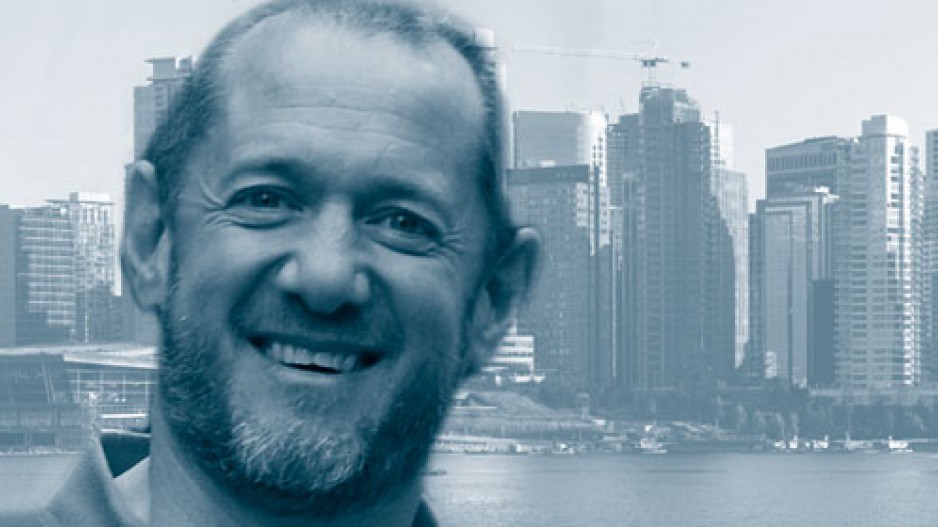With uncertainty in Europe and the U.S., Canada’s profile has rarely been higher across the Atlantic
Brexit: quick or slow, hard or soft: More than six months after the European Union (EU) referendum, Brexit continues to confound and divide. MPs voted overwhelmingly to support a motion that Article 50 be triggered by March 2017 – reassuring “leavers” the divorce will go ahead. But the U.K.’s Supreme Court is due to determine this month whether that requires full parliamentary approval (the earlier motion was non-binding). If it does, a bill will then need to be tabled, potentially delaying the process beyond March.
At the same time, the media and many MPs called for clarity on the government’s negotiating position – between “hard” Brexit, ensuring U.K. control over borders but restricted access to the single market, or a “soft” approach, allowing access but potentially ceding control over movement of people. The terms oversimplify a complex debate, yet signals from European leaders suggest they’re unwilling to let the U.K. choose the parts it wants while leaving others.
U.K. economy: down or up: Amid Brexit uncertainty there have been positive signs for the U.K. economy through the fourth quarter. A third runway at Heathrow Airport is set to go ahead. Nissan and Microsoft confirmed large investments. Mark Carney said he will remain as governor of the Bank of England until 2019. And while U.K. GDP growth projections were revised downward following the referendum, they’ve been raised again slightly to 2.2% in 2016 and 1.4% in 2017.
But many argue that challenges lie ahead. A continued low pound may lead to a rise in inflation, currently at 1%. The road to new preferential trade relationships is uncertain and potentially long. And Frankfurt and other financial services centres have been seeking to attract business from London.
CETA: Canada and Europe together at last: After seven years of negotiation and numerous close calls, the Comprehensive Economic and Trade Agreement (CETA) might be only a few months from adoption. At the official signing in Brussels last fall, Canadian and EU leaders freely traded handshakes and hugs. The Canadian government has since tabled a ratification bill. And the European Parliament is expected to give it smooth passage to approval in spring 2017, having already voted down an obstructive request to refer it to the European Court of Justice.
Once approved, CETA enters into force, albeit provisionally, while the 28 member states go through their own ratification processes. It will directly affect trade and investment between B.C. and Europe. Approximately 98% of tariff lines will be removed, some on a staggered basis, and other non-tariff barriers will change. Now is a good time for Vancouver businesses to understand what those changes mean for them.
Crossing the Atlantic: With uncertainty in Europe and the U.S., Canada’s profile has rarely been higher across the Atlantic. “Who will uphold the torch of openness in the West?” asked The Economist. A new High Commissioner to the U.K., Janice Charette, took up office last September. PM Justin Trudeau and Canadian Minister of International Trade Chrystia Freeland visited Brussels for CETA in October. And B.C. Premier Christy Clark, along with federal Finance Minister Bill Morneau and B.C. Finance Minister Mike de Jong, met investors in the U.K. in November.
Fintech: B.C. to the U.K.: 12 Fintech CEOs from B.C. and Ontario also visited the U.K. (December 5-8) supported by British Airways and the U.K.’s Department of International Trade. The aim: to build connectivity with London’s fintech community, including at the European Digital Banking Summit and Fintech Connect Live.
Nancy Langer, president and COO of Vancouver-based Zafin, said: “We are bullish about the U.K. market and are making the appropriate investments to use it as a base for expanding our business in the U.K. itself, as well as Europe.”
Financial services is one of many sectors being transformed by disruptive technology. Vancouver boasts an innovative and growing fintech ecosystem and, with £6.6 billion in fintech revenue in 2015, the U.K. lays claim to being the leading global centre.
Rupert James Potter is a U.K.-based writer, speaker and diplomat who has worked in Jordan, Bahrain, Sweden and Canada. His career has included work with the U.K. government. He currently runs an independent consultancy.




